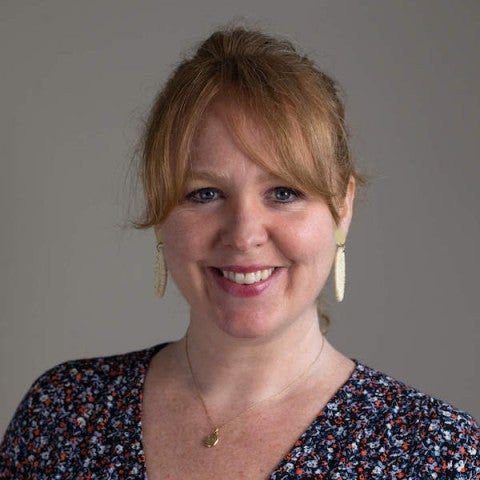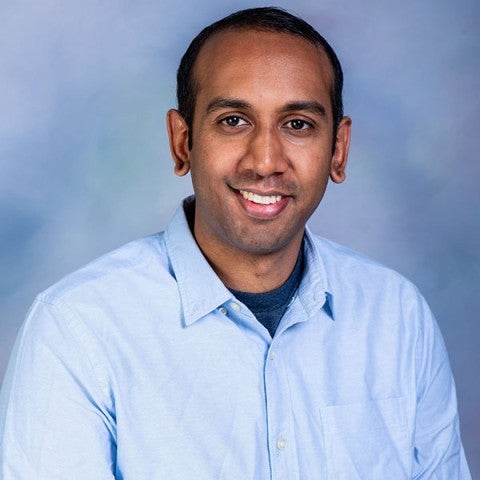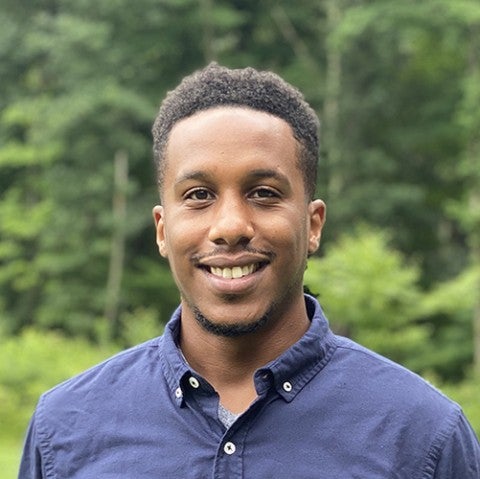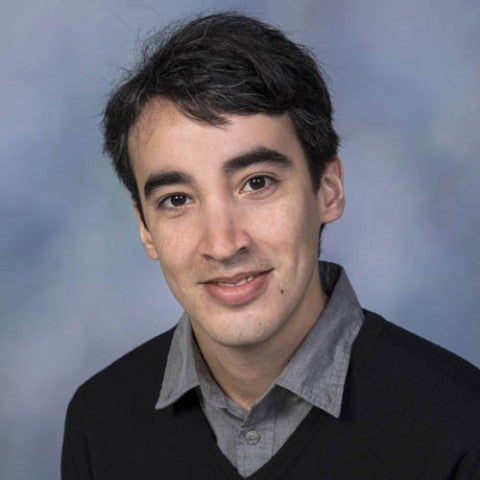RICE GLOBAL PARIS: SUMMER PROGRAMS 2025
Climate Change, Economics,
and the Wine Industry
Paris Session 4 | July 21-Aug 8, 2025
EEPS 234 Climate Change, Economics, and the Wine Industry: Applied Environmental Problem Solving for the 21st Century
Taught by Dr. Sylvia Dee and other collaborators, this highly interdisciplinary course will introduce concepts from climate change to microeconomics, using the wine industry as a case study.
Request Information
Information Session
Recording
Apply Here
Program Details:
-
Program Dates: July 21-Aug 8, 2025
-
Program Location: Rice Global Paris Center | Paris, France
-
Who Can Apply? Any Rice Undergraduate who has taken at least one programming course (preferably in Python). Students from highly relevant majors including EEPS, ENVS, ECON, CEVE, ECE, and COMP may be prioritized. Note for graduating seniors! You are welcome to apply to this course; however, Rice summer aid (i.e. Rice financial aid) is not available to seniors who have obtained enough credits to graduate by the end of the spring semester. Additionally, you will have to postpone your graduation date to the summer in order to participate. You are, however, still eligible to apply for both RICE GLOBAL tuition and travel awards included in the course application.
-
Tuition Cost: $1,800 per credit hour (this course is 3 credit hours).
-
What's Covered: The program will provide housing for all three weeks, metro card for all three weeks, course-set excursions/tickets, three group meals, and travel insurance.
-
Financial Aid: If you already receive financial aid, you are eligible to receive financial aid for up to 9 credit hours a summer for two summer, at 50% of the tuition rate, i.e. if a Paris course is three credit hours and $5,400 total tuition, eligible students would pay $2,700. Rice summer aid (i.e. Rice financial aid) is not available to seniors who have obtained enough credits to graduate by the end of the spring semester.
After submitting your application, our office is in direct contact with the financial aid office who will let us know if you are financial aid eligible for the summer. If you are accepted, you will immediately know how much financial aid you have available in your acceptance letter.
To find out if you are eligible before acceptance to a course, contact: fina@rice.edu. To learn more about summer financial aid requirements, please visit: https://financialaid.rice.edu/summer-students.
-
Additional Assistance from Rice Global: Students can also apply to receive additional assistance (for both tuition and travel) from Rice Global. Application for assistance is included in the course application.
Course Details:
-
Credit Hours: 3 credit hours
-
Course Instructor: Dr. Sylvia Dee (EEPS) - lead instructor, in collaboration with Drs. Mark Torres (EEPS), Matthew McCary (BIOS), and Guha Balakrishnan (Rice ECE)
-
Course Description: Wine has been produced throughout the subtropics for thousands of years, and is a pillar of the international dining, leisure, and tourism economies. Climate change is altering weather conditions at wineries whose grape production is critically sensitive to seasonal microclimates. This poses a major threat to the wine industry, but also offers opportunities for targeted adaptation. Wine grapes are sensitive not only to climate, but to soil type and health, bedrock geology, and shade (or terroir - all the environmental factors that influence grapes). To adapt and maintain wine economies in France and worldwide, wine makers require high-resolution seasonal climate predictions coupled with geospatial mapping linking grape production and terroir. Themes, Learning Outcomes (LO): This course will immerse students in an environmental problem solving challenge, working in teams to identify climate change ‘choke points’ for wine makers. This highly interdisciplinary course will introduce concepts from climate change to microeconomics, using the wine industry as a case study.
-
Who is this class for? This interdisciplinary course is open to students interested in applying quantitative methods spanning Earth & Environmental Sciences, Computer Science and Economics to climate change adaptation problems. We welcome students from all majors who have taken at least one programming course (preferably in Python). Students from highly relevant majors including EEPS, ENVS, ECON, CEVE, ECE, and COMP may be prioritized.
-
Course Zoom Information Session: Take a look at the Information Session Recording to learn more.
-
Syllabus: Take a look at the draft syllabus - subject to change.
-
Does this course fulfill a distribution and/or Analyzing diversity requirement? No
For questions, visit our Student Program page or email pariscenter@rice.edu. The application deadline is January 31, 2025.

Dr. Sylvia Dee
Dr. Sylvia Dee (Assistant Professor, Rice EEPS; Joint Assistant Professor, Civil and Environmental Engineering), the lead instructor of the course, is a climate scientist specializing in extreme weather events, including flooding and heat, and how these climate changes evolve with Earth’s natural climate phenomena such as El Niño and La Niña events. She uses climate models and atmospheric physics to constrain future climate impacts in the U.S. and globally.

Dr. Guha Balakrishnan
Dr. Guha Balakrishnan (Assistant Professor, Rice ECE): Guha Balakrishnan is an Assistant Professor of Electrical and Computer Engineering working in the fields of computer vision and graphics. He is interested in the theory, practical design, and downstream applications of generative models for complex visual data. He is particularly excited by their applications to promote fairness and accountability of vision systems. Guha has also worked on a broad range of medical applications, including developing ML algorithms for medical image registration and remote vital signs measurement from video.

Dr. Matthew McCary
Dr. Matthew McCary (Assistant Professor, Rice BIOS): Dr. Matt McCary is a soil ecologist interested in the fundamental drivers and constraints of soil biodiversity and how soil diversity relates to ecosystem responses to environmental disturbances. His research program is interested in three major questions: (1) how do invasive species change soil biodiversity and associated ecosystem health? (2) How does urbanization impact ecosystem and community processes? (3) How does ecosystem structure affect food web responses to changes in resource availability? He uses an integrative approach to address these questions, including field and lab experiments, ecological modeling, and molecular techniques.

Dr. Mark Torres
Dr. Mark Torres (Assistant Professor, Rice EEPS): The Torres Lab focuses on the biological, chemical, and geologic processes that act to distribute elements across our planet’s surface and interior. While these biogeochemical processes operate across the entire periodic table, the Torres lab is particularly interested in the set of elements and compounds that regulate Earth’s habitability. For example, the Torres Lab is deeply focused on the cycling of water, carbon, and oxygen across a range of surface environments.